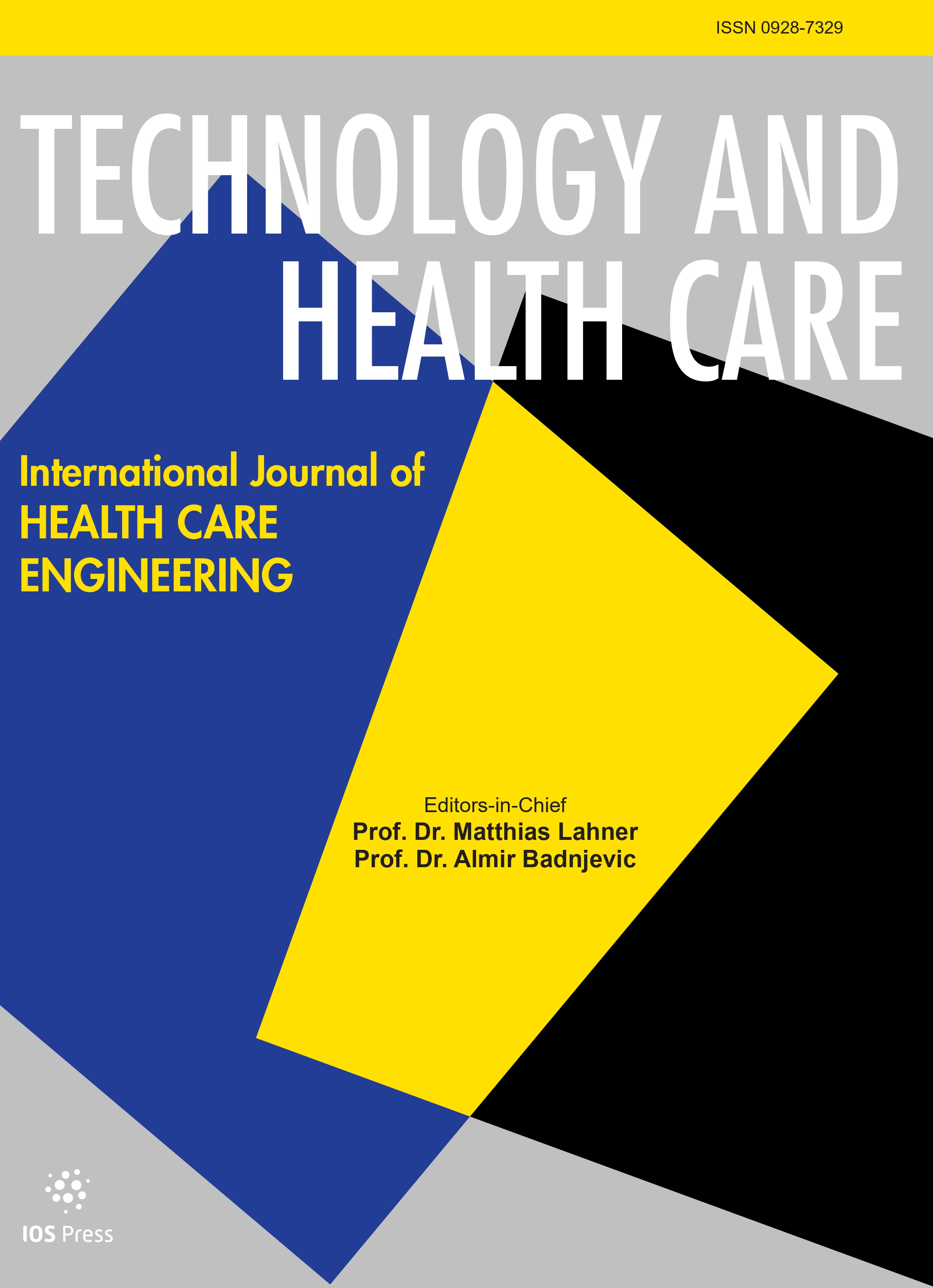Authors: Li, Zishuo | Long, Yanli | Yang, Qing | Liu, Jing | Wang, Yahong
Article Type:
Research Article
Abstract:
BACKGROUND: A variety of reviews have indicated the effectiveness of smartphone-based interventions in preventing secondary cardiovascular disease (CVD). However, few studies have focused on clinical outcomes. OBJECTIVE: This meta-analysis aimed to evaluate the potential benefits of application interventions and short message service (SMS) interventions on CVD outcomes. METHODS: Electronic databases were searched to identify randomized controlled trials (RCT) investigating an application or SMS intervention for secondary CVD prevention. Primary outcomes included major adverse cardiovascular events (MACE), cardiovascular death, and cardiac hospitalization. Secondary outcomes were cardiovascular risk factors (BMI, blood pressure, and cholesterol).
…RESULTS: A total of 26 RCTs were included, with 16 investigating applications and 10 assessing SMS. Overall, there was no significant difference in MACE, cardiovascular death, and cardiac hospitalization when comparing application interventions with usual care, as well as comparing SMS with usual care. Subgroup analysis revealed that patients who received applications without a medical interface had a significantly lower incidence of MACE (OR = 0.56; 95% CI: 0.33, 0.98). Participants who received applications with a medical interface showed a tendency towards higher rates of cardiac hospitalization (OR = 2.03; 95% CI: 0.85, 4.87). Significant reduction in waist circumference (SMD = - 0.80; 95% CI: - 1.58, - 0.03) was found in application interventions compared to usual care; while significant reductions in SBP (SMD = - 0.08; 95% CI: - 0.15, - 0.01) and TC (SMD = - 0.31; 95% CI: - 0.57, - 0.08) were found in SMS interventions compared to usual care. CONCLUSION: Smartphone-based interventions, including applications and SMS, have the potential to benefit the secondary prevention of CVD. Applications may reduce the incidence of cardiovascular-related adverse events, while SMS interventions may improve cardiovascular risk factors.
Show more
Keywords: mHealth, mobile applications, text messaging, cardiovascular disease, mobile phone
DOI: 10.3233/THC-230022
Citation: Technology and Health Care,
vol. 31, no. 5, pp. 1935-1948, 2023
Price: EUR 27.50





